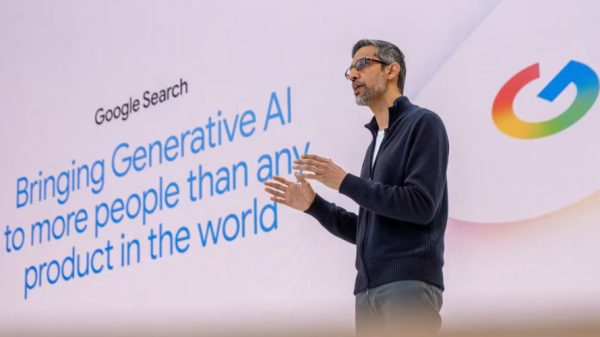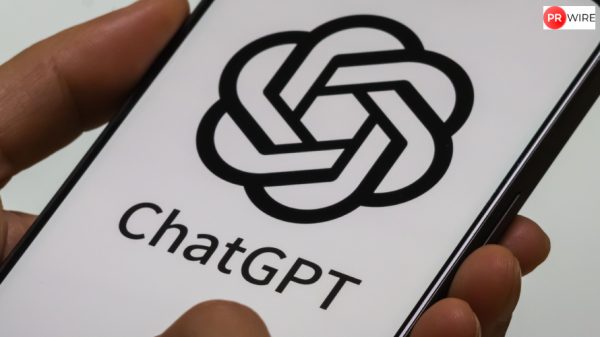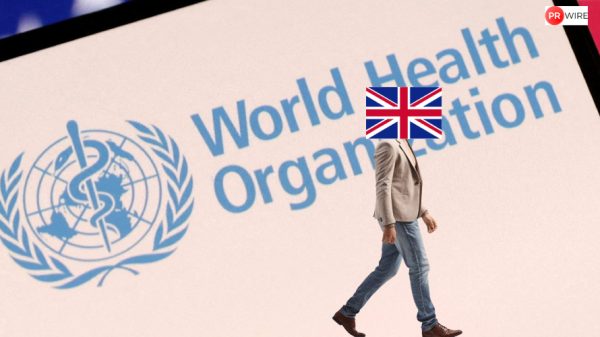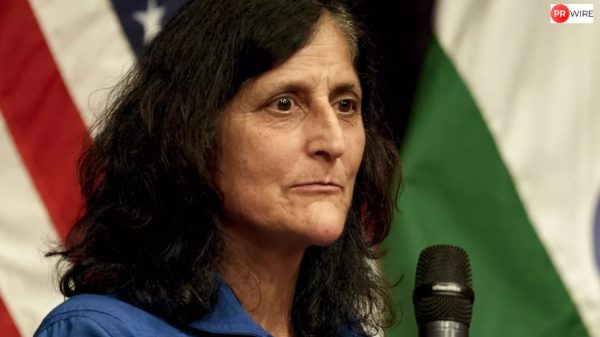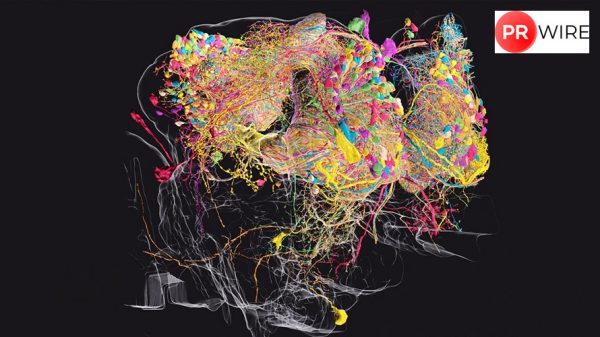India’s technical assistance is critically important to the Commonwealth, the Secretary General of the 56-member organization said, asserting that it gives a huge amount of hope to many of the developing states to leapfrog the developmental challenges which have already been undertaken and surpassed by India.
Patricia Scotland’s remarks came as she hosted the 22nd Conference of Commonwealth Education Ministers meeting in London on the theme of Driving Resilience, Equity, and Skills for an Inclusive Future.
Scotland welcomed India’s willingness to share technological developments with the Commonwealth in an open-source way and hoped for greater commitment towards the organization’s educational goals.
At the two-day meeting at the Commonwealth Secretariat Marlborough House headquarters in London which opened on Thursday, she called on ministers to help eliminate the barriers that impede access to education, harness technology, and encourage lifelong learning.
India has made it clear that she is willing to share her technological developments with her Commonwealth family and share it in an open-source way, said Scotland.
For many of the developing states that gives a huge amount of hope because that technological development enables them to leapfrog the developmental challenges that have already been undertaken and surpassed by India I would like to thank the Indian government for what they have shared with us so far and I would like to be able to be confident that we can rely on the contributions financially and otherwise made by India going forward, she said.
Describing the Commonwealth representing one-third of the world as a petri dish for sustainable development models, Scotland said she looked forward to India’s reinstatement of significant support for our programs, hopefully not just in kind but in a financial manifestation.
The keynote address at the conference was delivered by social reformer and Nobel Prize winner Kailash Satyarthi, who highlighted India’s huge leap in the field of education in the last 15-20 years and proposed compassionate intelligence as a guiding force to achieve equitable educational outcomes for children across the Commonwealth.
Compassionate intelligence is selfless, genuine problem-solving. The disconnect between problem solvers and problem sufferers is a serious question mark. Education ministers and the education sector can play a leadership role in ensuring that our children can develop compassionate intelligence and mitigate growing divides and discriminatory practices, he said.
At the education conference which concludes on Friday, officials will exchange ideas about tackling uncertainties in education financing, explore partnerships, and discuss commitments and reforms. They will assess the current state of the education sector while creating a roadmap for accelerated progress towards the United Nations’ Sustainable Development Goal 4 of equitable and quality education. The newly formed Association of Commonwealth Universities (ACU) led Commonwealth Higher Education Taskforce will advance the outcomes of its recent dialogues to feed into the meeting.
ACU Secretary-General Professor Colin Riordan said: Ensuring inclusive, quality higher education for all will require collaboration amongst partners, institutions, and governments that transcend national borders.
Universities are at the forefront of driving solutions to some of the most pressing global challenges that define our time, through their pathbreaking research, teaching, and community engagement.”
During the meeting, the Secretary-General will also update delegates on the various initiatives and work programmes the Commonwealth Secretariat implements to support member countries, including the Commonwealth AI Academy offering free and equitable access to transformative technology and artificial intelligence resources for all citizens of the 56 member countries.
The article originally appeared on Business Standard.





